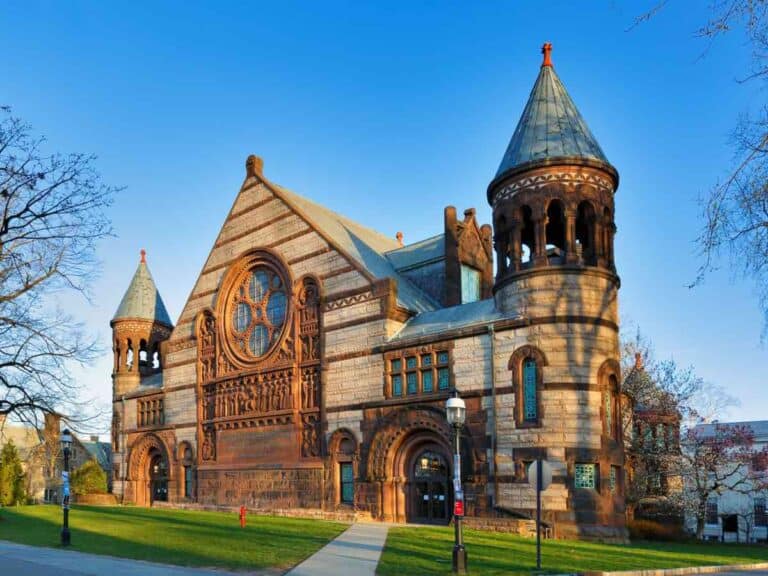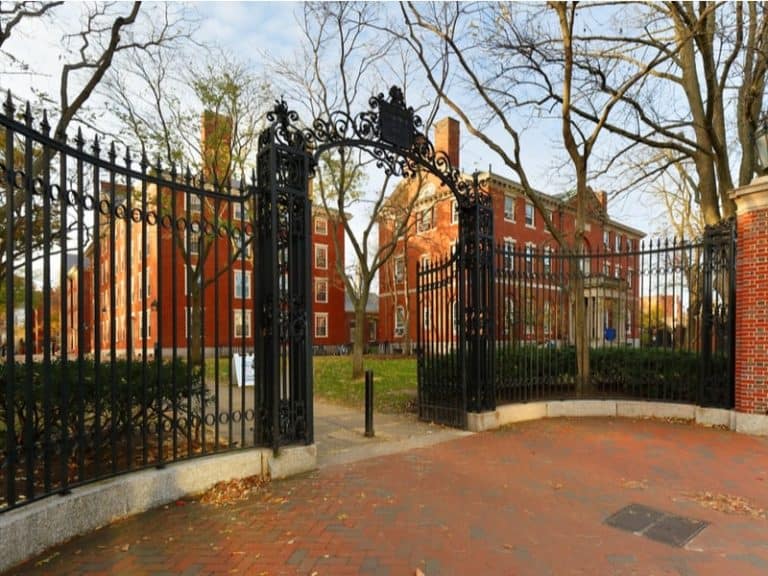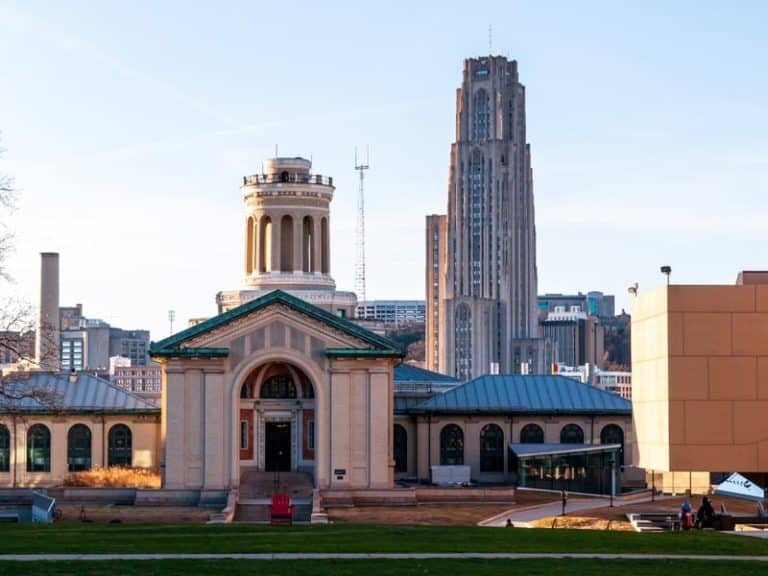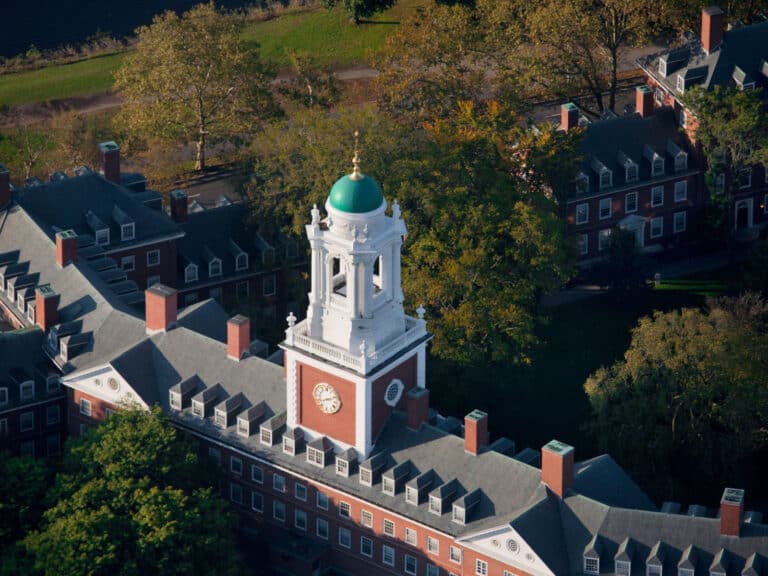Is Harvard a Good School?
It’s no secret that Harvard is an Ivy League, and it’s common knowledge that the Ivy Leagues are some of the most prestigious institutions of higher education not only in the US but also all over the planet.
Does this mean you should apply to the elite Cambridge, Massachusetts-based school because you want a top-notch undergraduate degree?
Harvard University is a good school because it offers excellent degree programs and extracurricular and networking opportunities, which is why most of its graduates succeed in their respective fields. Ranking-wise, Harvard has consistently placed high on various local and global college rankings.
Planning on applying to Harvard as either your top-choice or dream school? Keep reading!
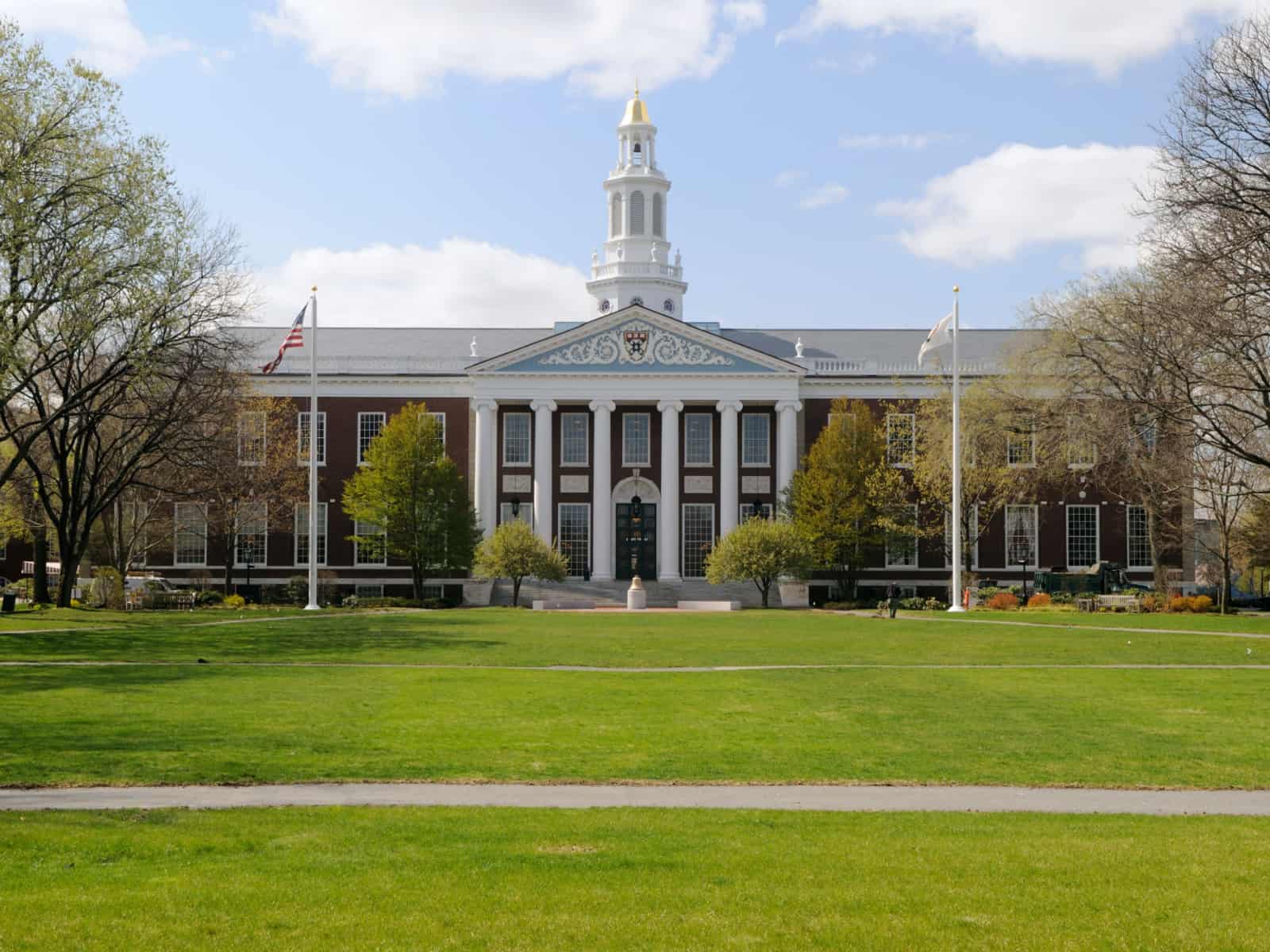
Reasons to Go to Harvard
Harvard University is sought by many undergraduate degree-seeking students because of its world-class academics and resources.
Because of the Ivy League’s stellar reputation, a Harvard degree can make one’s resume stand out. For over 90% of American families, Harvard costs less than a public institution.
Students from low-income backgrounds should not deprive themselves of the many perks attending Harvard brings just because its sticker price intimidates them.
That’s because the institution offers generous need-based financial aid packages. As a matter of fact, students whose families make less than $75,000 annually pay nothing.
Harvard University Job Outcomes
Within a year of earning their undergraduate degrees from Harvard University, around 86% of graduates are employed. According to the Bureau of Labor Statistics (BLS), the median annual salary of workers in the US is $54,132 per. The median starting salary per year of Harvard graduates, meanwhile, is $69,000.
Some of the most high-paying undergraduate degrees from Harvard after 10 years include:
- Computer science ($128,900)
- Statistics ($126,100)
- Applied mathematics ($80,500)
- Economics ($78,800)
- Sociology ($53,800)
- Social sciences ($52,000)
- Political science and government ($51,800)
- History ($48,000)
Unfortunately, there are some other institutions of higher education where the job outcome of graduates is better than that of Harvard. Some of them are:
- University of Chicago (94%)
- University of Pennsylvania (93%)
- UCLA (93%)
- Princeton University (90%)
- UC Berkeley (89%)
- Arizona State University (88%)
- New York University (88%)
Harvard Job Placement Rate
According to Harvard University itself, around 75% of its graduates with bachelor’s degrees are working in their intended field. On the other hand, based on statistics, almost 40% of Harvard graduates are in the consulting and finance industries. The figure is equal to or the highest across all Ivy League schools.
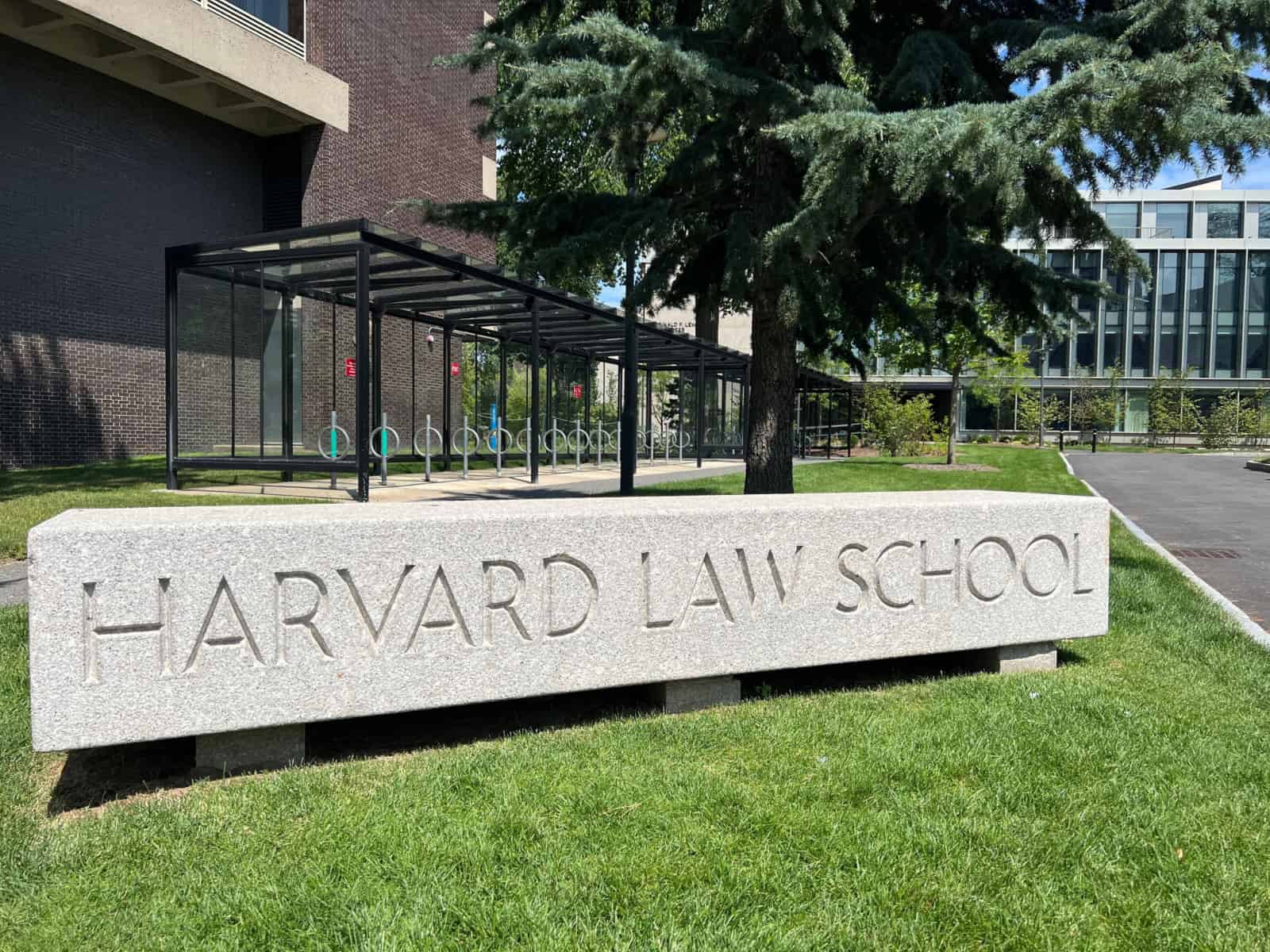
Harvard graduates who are working as consultants or finance experts are usually employed by the following:
- Bain & Company
- Boston Consulting Group (BCG)
- Goldman Sachs Group, Inc.
- McKinsey & Company
- JPMorgan Chase & Co.
- Morgan Stanley
Meanwhile, the following are said to be some of the top recruiters of Harvard graduates:
- Adobe
- Amazon
- Apple
- Bank of America
- Cisco
- eBay
- Ford Motor Company
- General Mills
- Johnson & Johnson
- Microsoft
- Novartis
- Procter & Gamble
- Samsung Electronics
- SpaceX
- Walmart
Does Going to Harvard Guarantee Success?
Although Harvard University provides its students with top-notch academics and opportunities to prepare them for the career paths of their choosing, having a Harvard degree does not guarantee success.
In fact, having a degree earned at any college or university does not necessarily equate to being successful.
There is no denying that going to Harvard, because of its prestige, can open a lot of doors for you.
It doesn’t mean, however, that having a degree from the Ivy League school will make you attain success automatically.
Just like while working on your Harvard undergraduate degree, you will have to work hard, persevere and commit after graduation if the goal is to obtain a successful career.
Are All Harvard Graduates Successful?
Attending Harvard University allows students to get their hands on just about everything they will need in order to gain success, ranging from highly ranked programs to strong networking prospects. This does not mean, however, that all of those who graduated from Harvard are successful now.
While there are no statistics demonstrating how many people with Harvard degrees are unemployed or unsuccessful, it doesn’t mean that they are non-existent.
Due to the fact that success is subjective, one’s definition of a successful career can be different from another’s.

However, one thing’s for sure: having a college degree improves employment prospects and earning potential, both of which are oftentimes necessary for success attainment career-wise.
Those with bachelor’s degrees are 50% less likely to be unemployed than those with only a high school diploma.
In addition, on average, they make $1.2 million in additional earnings over their lifetime.
Is Harvard Overrated?
In terms of ranking, prestige and quality of education, Harvard University isn’t overrated. This is especially true since just about every accolade and recognition it has is justifiable. However, it’s wrong to say that it’s the only good institution of higher education around, and attending it is key to guaranteed success.
Harvard isn’t an Ivy League and a highly-ranked university for nothing.
For centuries, the elite school has been at the forefront of higher education, which is why many top-performing high school teeners consider it their top-choice school and numerous average and below-average ones add it to their college list as a reach school.
But it’s important to keep in mind that many other institutions are just as good as Harvard.
Benefits of Going to Harvard
One of the primary perks of attending Harvard University is access to world-class academics and facilities.
The presence of the Ivy League’s name on one’s resume can translate to increased job marketability and earning potential. For example, most Supreme Court Justices are graduates from Ivy League institutions.
Even though it’s obvious that attending Harvard means immersion in a challenging curriculum, many students remain eager to apply to the school and enroll if accepted.
Harvard allows undergraduate degree-seeking students to have an excellent college experience, and it enables employers to hire some of the most talented and equipped individuals.
And as mentioned earlier, going to Harvard can be cost-free for students whose families make less than $75,000 per year.
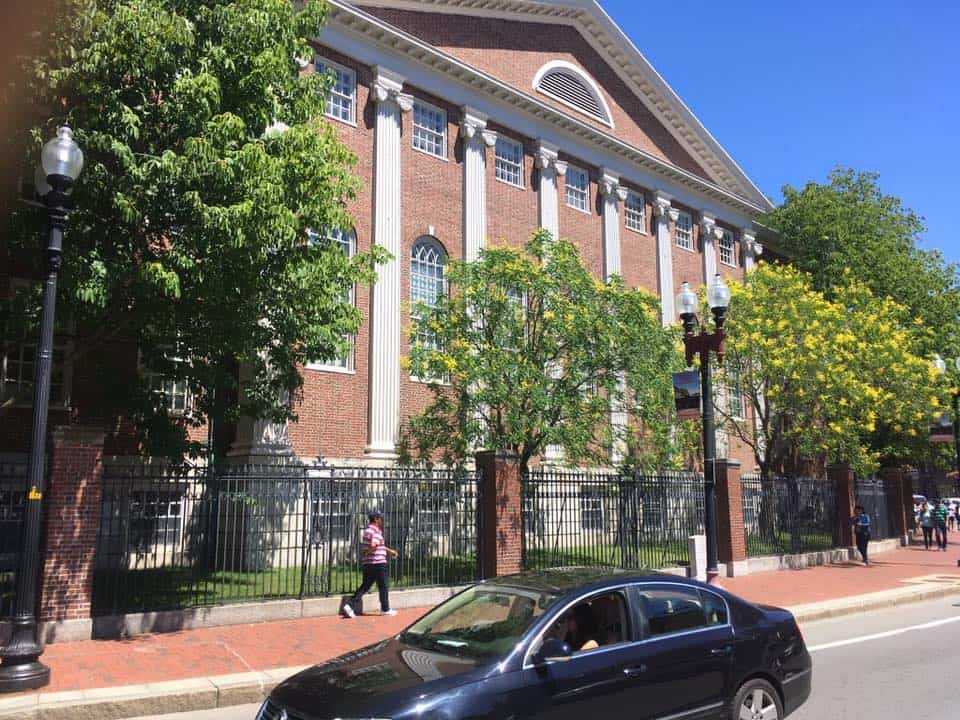
Does Going to Harvard Make a Difference?
Going to Harvard University makes a difference, particularly for those who wish to get their hands on undergraduate degrees necessary for industries such as consulting, finance, STEM, healthcare and public service. Still, what students do in college is far more important than where they go in college.
No matter if it’s Harvard or another selective private or public institution you attend, ultimately, your grades and the opportunities you grab throughout your college career are what will impact your life after graduation.
Having a Harvard transcript packed with D+ and D- doesn’t look particularly nice in the eyes of employers.
In the end, it’s how you make the most out of your stay at Harvard (or any other institution of higher education, for that matter) that can spell the difference between having a booming and failing career.
Pros and Cons of Harvard University
The pros of going to Harvard are obvious: superb academics, facilities, professors, networking opportunities and financial aid packages. Despite being a prestigious school, there are also some cons associated with attending it.
For one, the programs can be too challenging for students unprepared for them.
By now, you already know that there are many positives that come with being a Harvard student.
But there are a handful of cons, too, and it starts with applying — not receiving an acceptance letter from a highly selective institution can wreak havoc on one’s self-esteem and self-confidence.
Compared with the national average cost of college tuition, Harvard’s is considerably higher ($41,568 vs. $57,261).
Many agree that the campus and weather can be too bleak for the liking of a lot of students.
Related Questions
Does Harvard University offer merit-based financial aid?
Harvard does not offer aid based on students’ strengths and talents. As a matter of fact, none of the Ivy Leagues and numerous other highly selective colleges and universities offer merit-based aid. Harvard offers need-based financial aid designed to cover 100% of a student’s demonstrated need.
How many billionaires went to Harvard University?
According to Forbes’ 2021 list of 11 colleges that have produced the most billionaire alumni members, Harvard is #1. The said listing says that the Ivy League school has produced at least 29 billionaires. Some of them include Michael Bloomberg and dropouts Bill Gates and Mark Zuckerberg.
Read Next: Why is Harvard so famous?
Disclaimer: The views and opinions expressed in this article are those of the authors and do not necessarily represent those of the College Reality Check.
